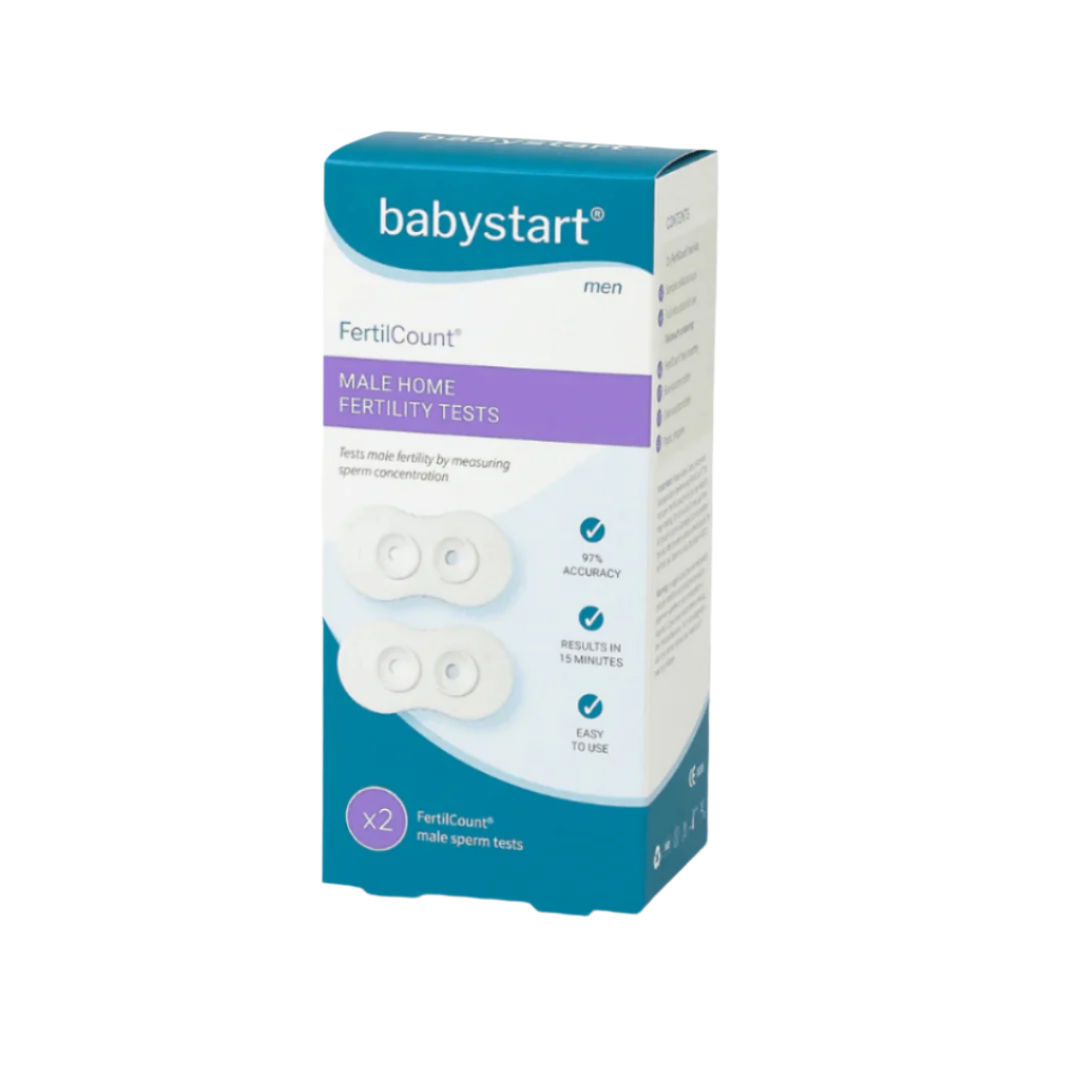Why Do We Still Treat Periods Like a Monthly Inconvenience?
We get it. Periods can be uncomfortable, inconvenient, messy, and painful. But they’re also something more – something we’re not talking about nearly enough.
Your menstrual cycle isn’t just a fertility tracker. It’s a vital sign – right up there with heart rate, blood pressure and temperature. When it’s regular and symptom-free, it’s often a sign that your hormones (and wider health) are in sync. And when it’s not? That’s valuable data, too.
At Femme Health, we think it’s time to shift the narrative. Here’s what your period is really telling you – and why tuning in is one of the best things you can do for your health.
Your Menstrual Cycle as a Vital Sign
The American College of Obstetricians and Gynaecologists (ACOG) actually recommends that the menstrual cycle be considered a vital sign – especially for adolescents and young adults. Why? Because changes in your cycle can signal issues with:
- Hormonal health (think oestrogen, progesterone, cortisol and insulin)
- Thyroid function
- Nutrient deficiencies
- Chronic stress or poor sleep
- Underlying conditions like PCOS, endometriosis, or hypothalamic amenorrhoea
In short: your period is your body’s monthly status report. If we only ever treat it as a nuisance to be ignored or medicated away, we miss key health clues.
What a “Healthy” Cycle Actually Looks Like
Every woman’s cycle is slightly different, but here’s what a healthy menstrual cycle generally includes:
- Cycle length: 21–35 days (measured from the first day of one period to the first day of the next)
- Bleeding duration: 3–7 days
- Flow: Moderate and manageable (not soaking through products every hour)
- Symptoms: Mild or manageable – not debilitating cramps, exhaustion, or mood swings
- Regularity: Predictable cycles, with only slight variations month to month
If your period ticks these boxes most months, it’s usually a sign that your body is functioning well hormonally. But if things feel off? That’s not something to ignore – it’s a sign worth exploring.
What Irregular or Problematic Periods Can Tell You
Here are just a few ways your period can act as an early warning system:
1. Heavy or Prolonged Bleeding
Could signal fibroids, endometriosis, or low iron levels – or be a sign your oestrogen is dominating without enough progesterone to balance it out.
2. Irregular or Missed Periods
Common with stress, PCOS, thyroid disorders or under-eating. A missed period is often the body’s way of saying, “I don’t feel safe enough for reproduction right now.”
3. Painful Periods
Mild cramps are normal – but if you’re regularly doubled over in pain, it could be a sign of endometriosis, adenomyosis, or inflammation.
4. Extreme PMS or Mood Swings
Could be linked to hormone imbalances, blood sugar fluctuations or PMDD (a more severe form of PMS that affects mood regulation).
Why Reframing the Conversation Matters
We’ve been taught to treat periods like something to hide, hush or “power through.” But when we ignore our cycles, we miss out on one of the most useful health tools we have.
Understanding your cycle helps you:
- Make more informed healthcare decisions
- Spot patterns in mood, energy, and sleep
- Advocate for yourself at the doctor’s office
- Feel more in control, not blindsided, by your body
And when we all start treating menstrual health as essential health, we begin to dismantle the stigma that holds so many women back from seeking the care they deserve.
The Bottom Line
Your period is not just a monthly nuisance. It’s a messenger. A barometer. A beautifully complex signal from your body that’s worth listening to – not suppressing or silencing.
At femme, we’re here to help you tune in, not tune out.
Curious about what your period is telling you?
Explore our cycle health tools or sign up to the femme newsletter for hormone-friendly insights, expert interviews, and zero-BS health advice.









